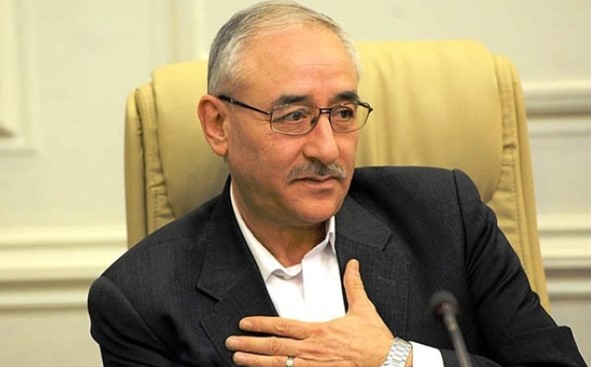
Highlights
- Iran’s output now about 2.1 mil b/d: S&P Global Platts
- Market seems to be in balance after OPEC+ cuts: Zamaninia
- Oil minister Zanganeh defers on OPEC’s next quotas
- The oil market could absorb more crude oil from Iran if US sanctions are eased, according to Iran’s governor to OPEC.
“Even if we produce around 4 million b/d, it won’t be that considerable compared to our reverses,” Amirhossein Zamaninia, who is also Iran’s deputy oil minister for trade and international affairs, said Feb. 7 on the sidelines of a petrochemicals conference in Tehran. “Thus, the market will have room for the amount of oil we have for exports.”
Iran’s government has targeted 2.3 million b/d of exports if the sanctions are lifted. Pre-sanctions production capacity was 4 million b/d.
Any sanctions relief for Iran under the US’ new Biden administration could complicate OPEC+ efforts to support the market and protect members’ market share. Iranian oil flows have nosedived in the past two years due to US sanctions, crippling the country’s oil export revenue, just as OPEC and allies led by Russia were cutting production because of a glut that was amplified by the pandemic.
Iran’s crude and condensate exports, which averaged more than 1.7 million b/d in March 2019, slumped to around 800,000 b/d in recent months, according to S&P Global Platts estimates. Iranian oil minister Bijan Zanganeh, who was also attending the petrochemicals conference, said he would not confirm any figure for the OPEC member’s oil sales when asked about a member of parliament saying in January they were 900,000 b/d.
Iranian oil exports were as high as 2.6 million b/d in May 2018 when the US withdrew from the Iran nuclear deal. Current output of about 2.1 million b/d compares with 3.7 million b/d at the start of 2017, according to Platts estimates. Iran is exempt from the OPEC+ cuts.
Asked if OPEC is concerned about new supply from Iran, Zamaninia said: “Our worry in OPEC and oil companies is both price and market. A delicate balance is needed here to be created. At the moment, given the decrease executed by OPEC, it seems that the balance has been created. And we hope this trend continues.”
Zanganeh said he would not talk about sanctions and that he has not seen “anything” about any OPEC+ members showing concern about new supply from Iran. “We should see what happens,” he said, when asked if he expects OPEC and allies to raise production quotas at their next meeting, which will be held March 4 by videoconference to decide on April quotas.



